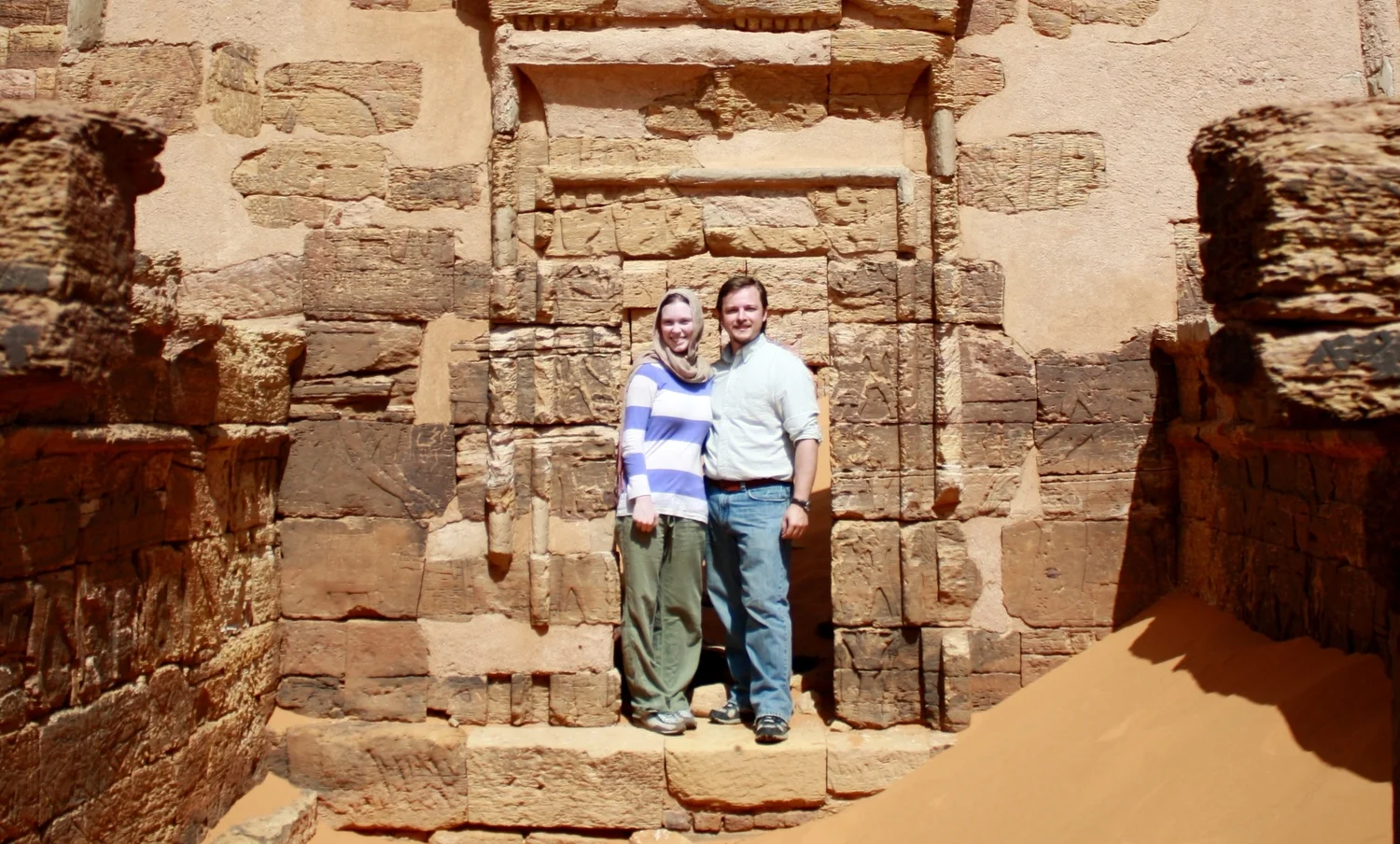Daphne’s raised arms caused shades of light to fall across her blonde hair sticking to her tear-filled cheeks. Her lips poured out floods of worship as the Spirit of God washed over her. Her English words of praise mixed with the concert of French exaltations. Her small white face and little hands lifted among a glorious crowd of African brothers and sisters.
I watched as my oldest daughter met with the Spirit of God and the wonder of His presence in a new way. I thought of my own father as he stood in an African pulpit watching his son worshiping at the altar. Like a powerful missionary cycle carried from generation to generation; from missionary to missionary kid and back again.
From generation to generation we long to see Christ glorified, to see His name lifted high in the praises of every tongue and tribe. We long to see every people and every place our soles touch soil transformed by the presence of the Holy Spirit (Dt. 11.24). As a fellowship of missionaries we are creating a third culture as “we are pursuing God together, in the power of the Holy Spirit, for an increasingly redeemed and transformed Africa.”
Our third culture is born where we stand. We stand where heaven touches earth. Where the ladder of Jacob’s dream connected the heavenly presence of God to the hard ground of Earth (Gen. 28). Messengers sent up and down in brilliant light against the dark shades of night. We stand where the cross of Christ stands, rooted in the earth, lifting up the Son of glory. Where God reached down and made the way clear through his death, washed clean in his eternal life. We stand where Jesus ascends to His holy throne and speaks his message to the nations into our hearts.
As missionaries we are concerned about the effects of our obedience on the lives of our children. Because from the hour we land on distant shores our children cease to be monocultural kids. They are now embraced in a multicultural society that transforms their worldview forever. Displaced from their parents culture into the everyday foreignness of their new environments each missionary kid is pressed into creating a third culture, an assimilation of worldviews and reconciliation of cultures.
We are parents raising third culture kids and we are missionaries fostering a third culture church. As a father, watching my oldest daughter meeting the Spirit of God in this special way in this special place is a joyous moment for me because her worldviews and culture are being shaped. A little American girl worshiping with her older African brothers and sisters in Christ. Our family’s vision is to be a personal link from the local church to the unreached and watching our children encountering Christ among African followers of Jesus enlivens us all to carry forward the kingdom of God to those still far from the cross.
Here in Senegal our mission continues to be creating space to grow a movement and with hearts and spirits raised we are planting a third culture church made up of men, women and children, across generations, from across Africa and across the world. We are lifting our arms in praise and our voices in intercession for the nations still lost and peoples still unreached.
Led by the Spirit our third culture church is better prepared to relate to the lost nations, to assimilate worldviews and reconcile cultures. As a third culture church, the arms of American missionaries are linked with African leaders, and we rejoice in the increasingly redeemed and transformed Africa we have already seen. We pursue God together, in the power of the Spirit, into the resistant and unreached nations.

